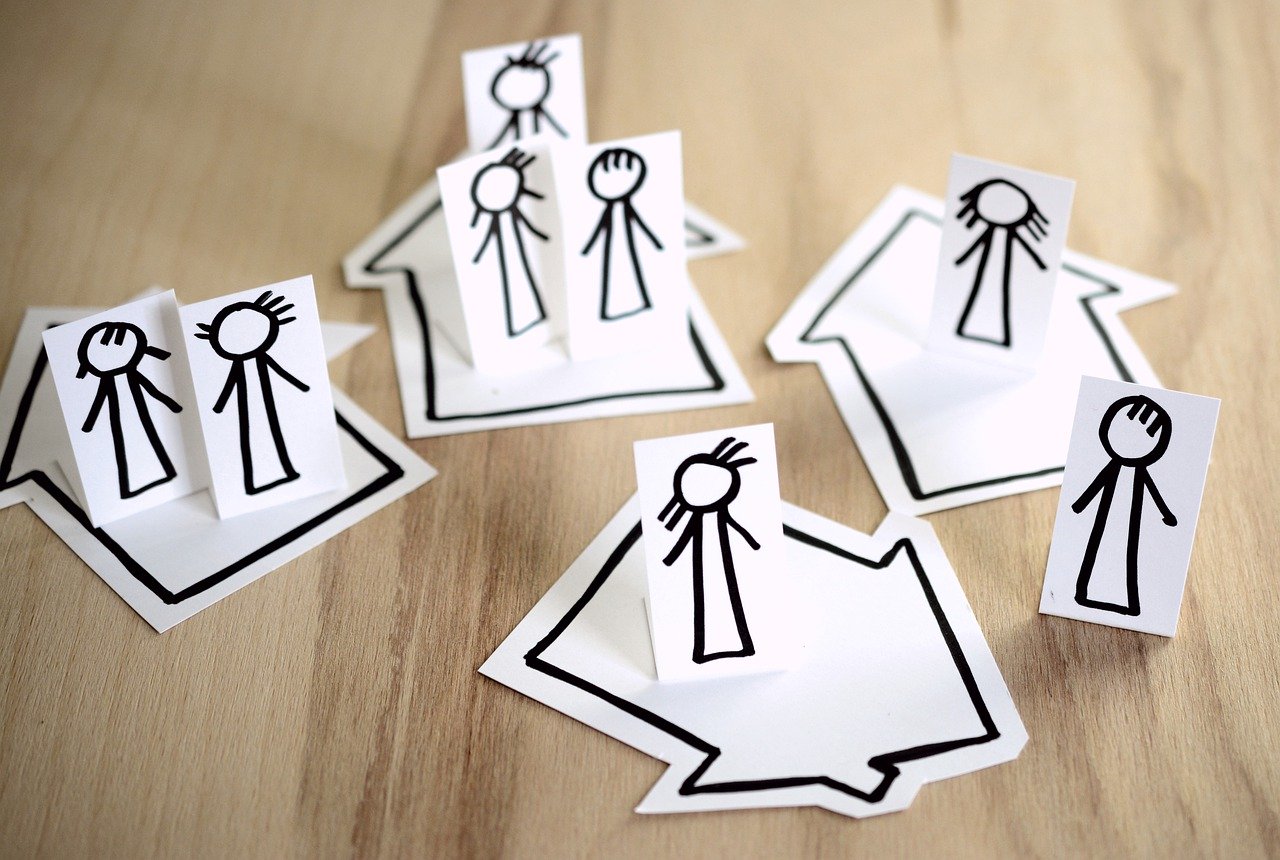
We are being told to keep our distance, we are being told to stay at home, we are being told to change the way we communicate with each other, we are being instructed to carry out what appears to be foreign and unfamiliar behavior patterns to save lives and protect a health service on its knees and yet we complain how difficult this is and what an invasive and uncomfortable intrusion this is on our lives. Why?
For decades now human communication has morphed and evolved into something akin to human social distancing. Since the mobile phone became the essential commodity of anyone over eleven years old and since the world transitioned into a socially, digitally dependent environment people have distanced themselves socially on a multitude of levels.
All of a sudden we yearn to be in the same room as someone, now that we can’t, we require the satisfaction of a hug or a handshake to confirm comfort, confidence and reassurance when for years we been happy with an email SMS what’s app or simple emoji to convey the way we feel or project emotion.
At extreme levels we are being told to exercise alone, not go to gyms jog or ride bikes with our friends’ clubs or teams and we are complaining. – Why? Some of the biggest selling tech in the last 5 years has been technology promoting self-isolating exercise. Peloton, Zwift, at home workouts on YouTube, Instagram all encourage not leaving your home in order to stay fit.
Our children, our teenagers, and our young adults may have play dates, may meet up and may be together, but every parent will have experienced the “get off your phone and talk to each other” conversation. How many teenagers do we know who will sit in the same room and yet communicate via SMS snap chat or some new social platform craze which enables communication without communication.
Gone are the days of even needing to hear someone’s voice or see someone’s face , we are quite satisfied sending an SMS or text to say hi, put the kettle on, I love you, I hate you, I’m sorry, in fact we hide behind this technology in order to avoid these personal human interactions, its often easier to have a difficult or uncomfortable interaction from behind a screen.
We no longer pick up the phone to make an appointment, we no longer knock on the office door of a colleague, we no longer share a good story by really sharing it. Today we make appointments online, we send emails, we text gags and jokes, we have been self-isolating for years. A good joke that makes us laugh may receive the thumbs up emoji and advice from a colleague is shared via email with reference to a presentation as opposed to human to human advice and interaction.
Online grocery shopping has been one of the biggest growth trends of the last decade, as a society we have attempted at all costs to avoid the horrors of having to go to the supermarket, push a trolley, stand in line and see other people. Instead we shop for groceries online we get them delivered to the house and we avoid human interaction. We socially distance.
The question is now then, why do we as a society feel so impacted by the restrictions being placed on us?
Yes, they are inconvenient, but they are certainly not as draconian as the same said restrictions being encouraged were the year to be 1980 and were, we to be living in a time without SMS, Zoom and Facebook. Social distancing in 2020 is what society has been leaning towards for some time but with one minor caveat- choice!
As human beings we are happy to self - isolate on our own terms we are not happy to be told to do so no matter how dangerous or threatening the situation may be. We are human and we do require human interaction it is after all human nature to be social beings, but the definition of social has shifted and could it be that what is really difficult to stomach is the removal of liberty and choice?
In the months to come society will return to a new normal, and only then will the true value of real human interaction be understood. It is said we don’t know what we have till it’s gone, has Covid -19 reminded us of what we have.